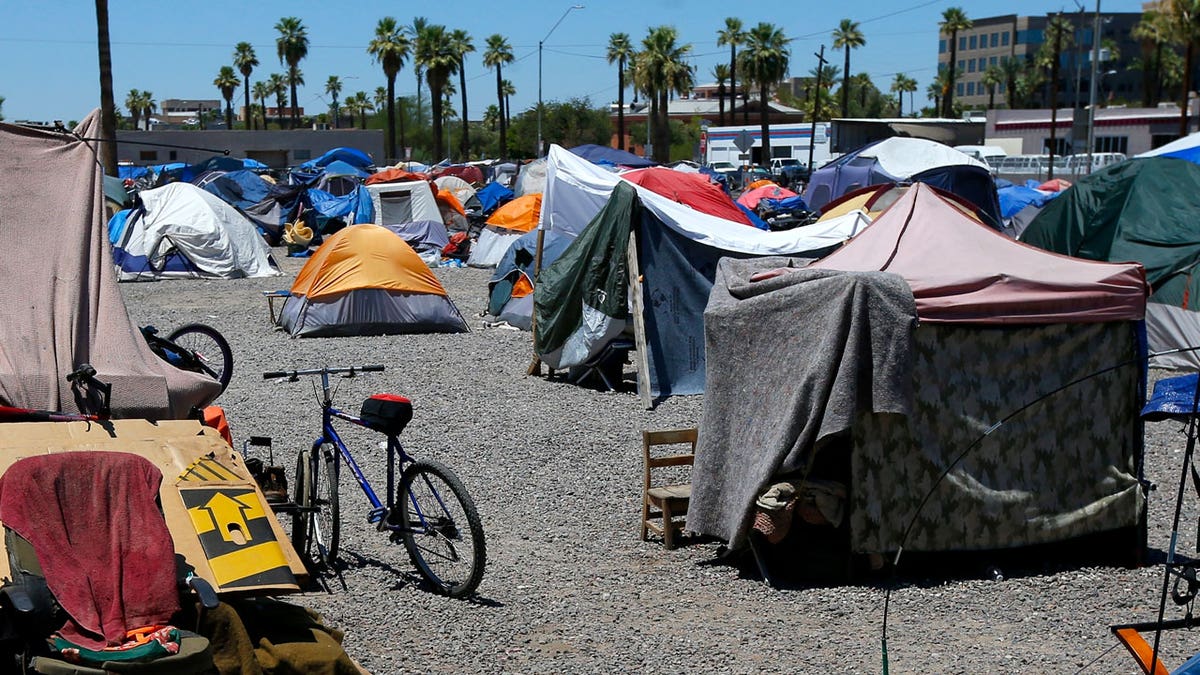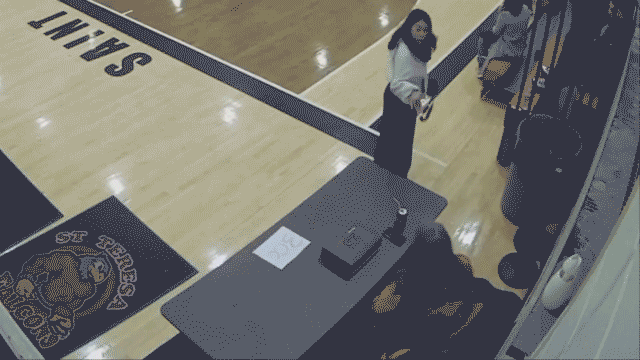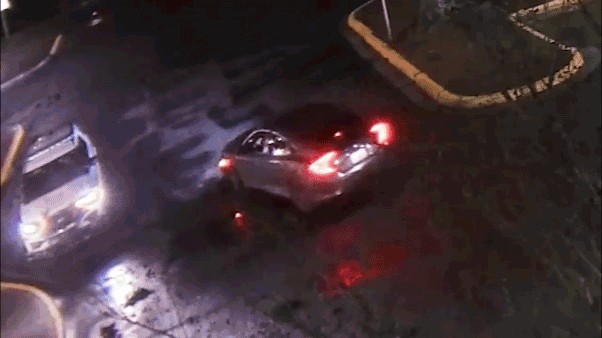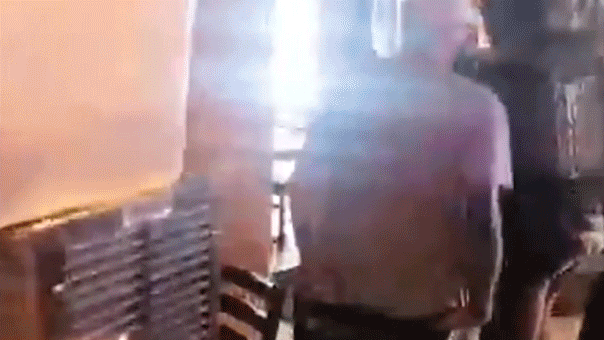Arizona bar manager sucker-punched by customer, suffers cerebral hemorrhage
A bar manager in Tempe, Arizona was sucker-punched by a customer on June 24. Disturbing surveillance footage shows her knocked down to the ground, causing a brain bleed.
The city of Phoenix will go to court Monday to prove it has met a deadline to clear a large homeless encampment, an action that has drawn pushback from civil rights advocates.
As part of a civil lawsuit, city officials will have a three-day trial to show they have complied with a judge's order and cleaned up the area known as "The Zone."
Maricopa County Superior Court Judge Scott Blaney sided with business owners and residents in June and declared the tent city in south Phoenix a public nuisance.
NORTHEAST FACES FLOODING THREATS AS SCORCHING HEAT BAKES THE SOUTH
He also found that while the city was following a law against criminalizing public camping, it arbitrarily enforced others despite health and safety risks. The plaintiffs described having to witness drug activity, lewd acts and other criminal activity in front of their door or steps away from their property.
Like several other major cities, Phoenix has had to balance the concerns of employers and homeowners with respecting the rights of homeless people.

A large homeless encampment is shown in Phoenix, on Aug. 5, 2020. The city must now prove it has met a deadline to clear large homeless encampments. (AP Photo/Ross D. Franklin, File)
The U.S. 9th Circuit Court of Appeals ruled in 2019 that homeless people cannot be criminalized for sleeping outside if no alternatives exist.
This civil suit is one of two facing Phoenix.
The American Civil Liberties Union of Arizona argued in a federal lawsuit that the city is violating the constitutional rights of unhoused people by slowly clearing the area.
CLICK HERE TO GET THE FOX NEWS APP
U.S. District Court Judge G. Murray Snow, however, declined the ACLU's request in May to declare Phoenix in contempt of a ruling he issued in December. Snow said he would not bar the city from further cleanups at the encampment site pending another hearing.
In the December ruling, Snow ordered the city to refrain from enforcing camping and sleeping bans against people who cannot obtain shelter, nor can their property be seized.










































